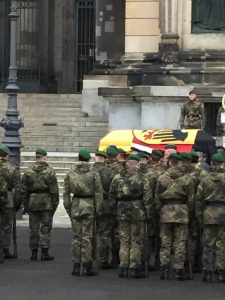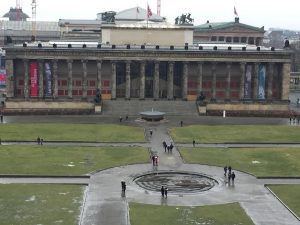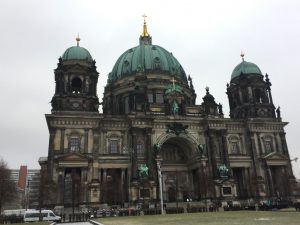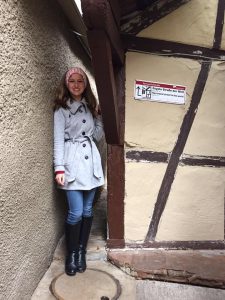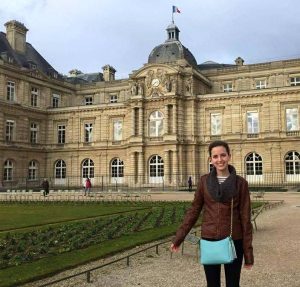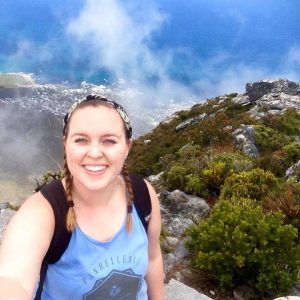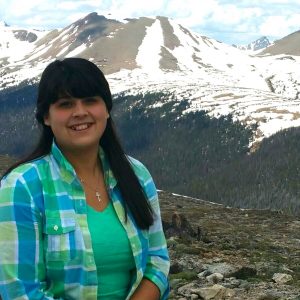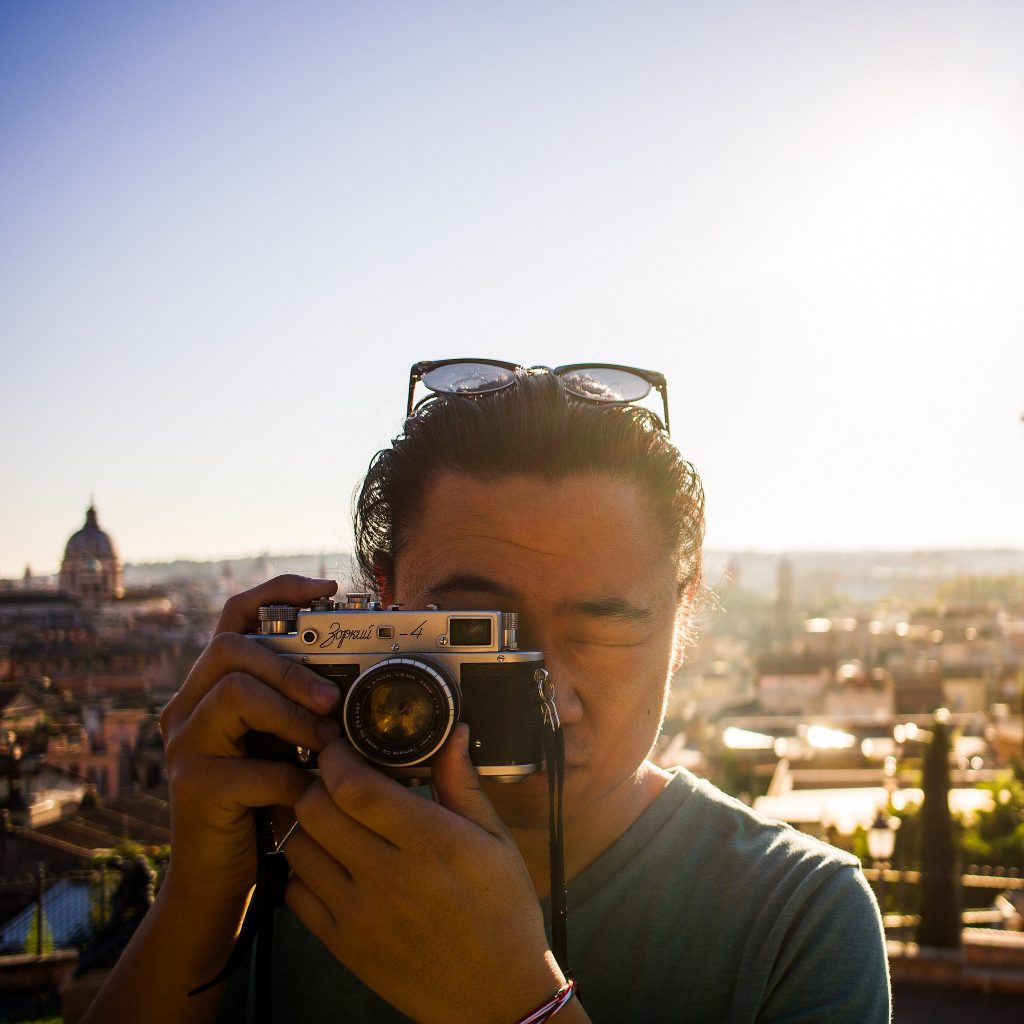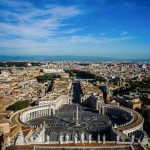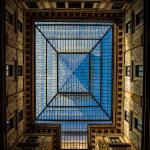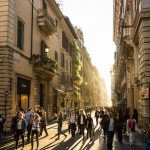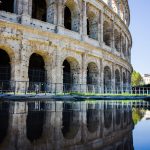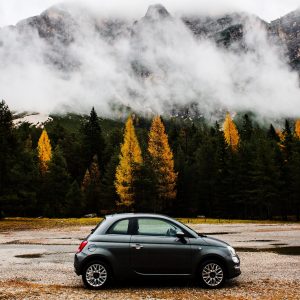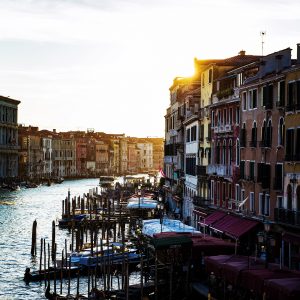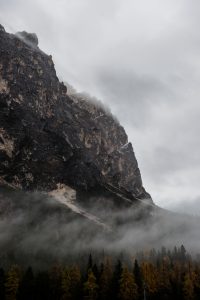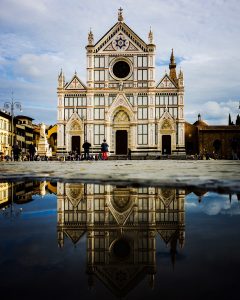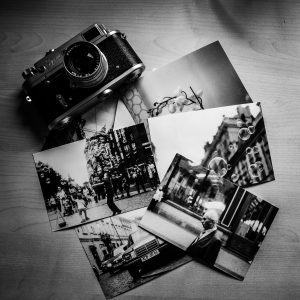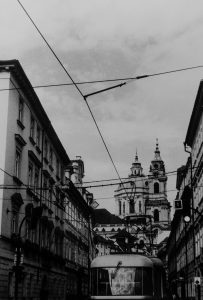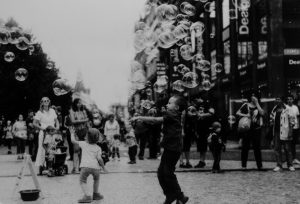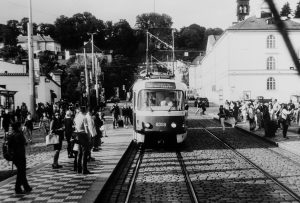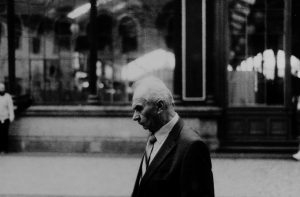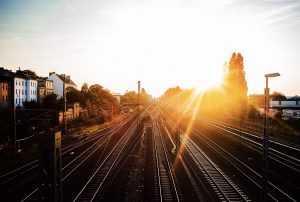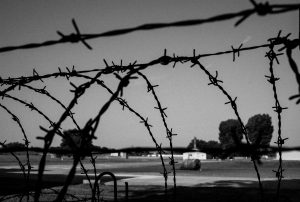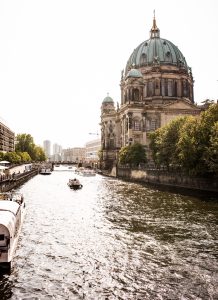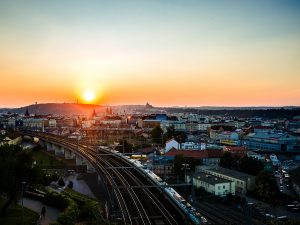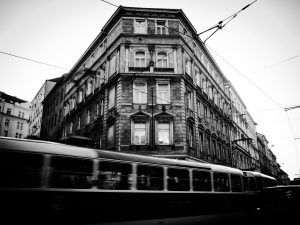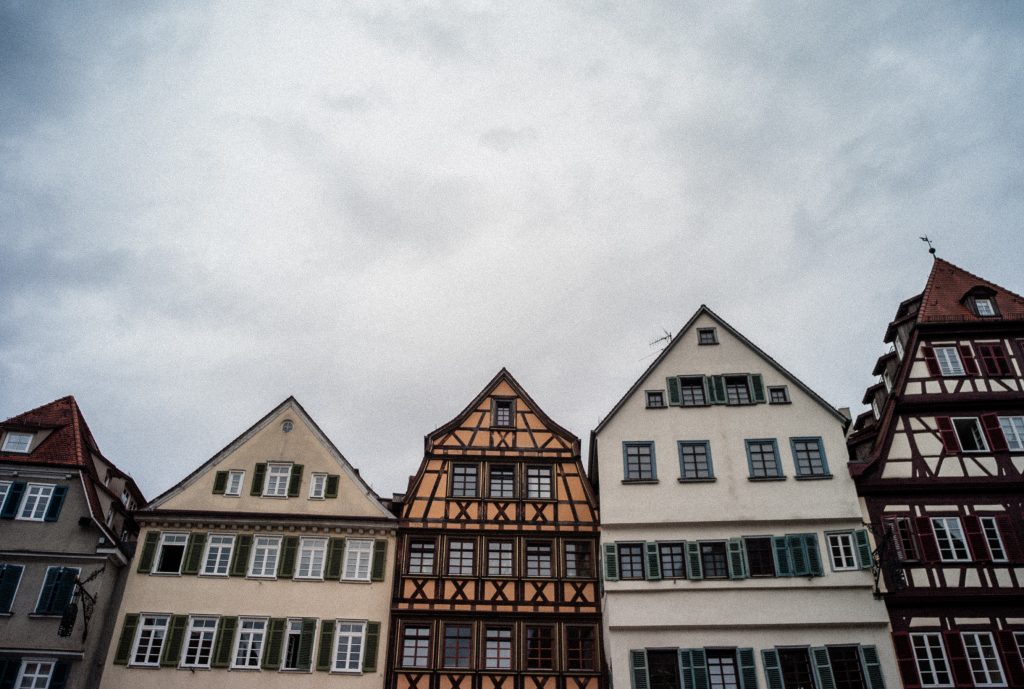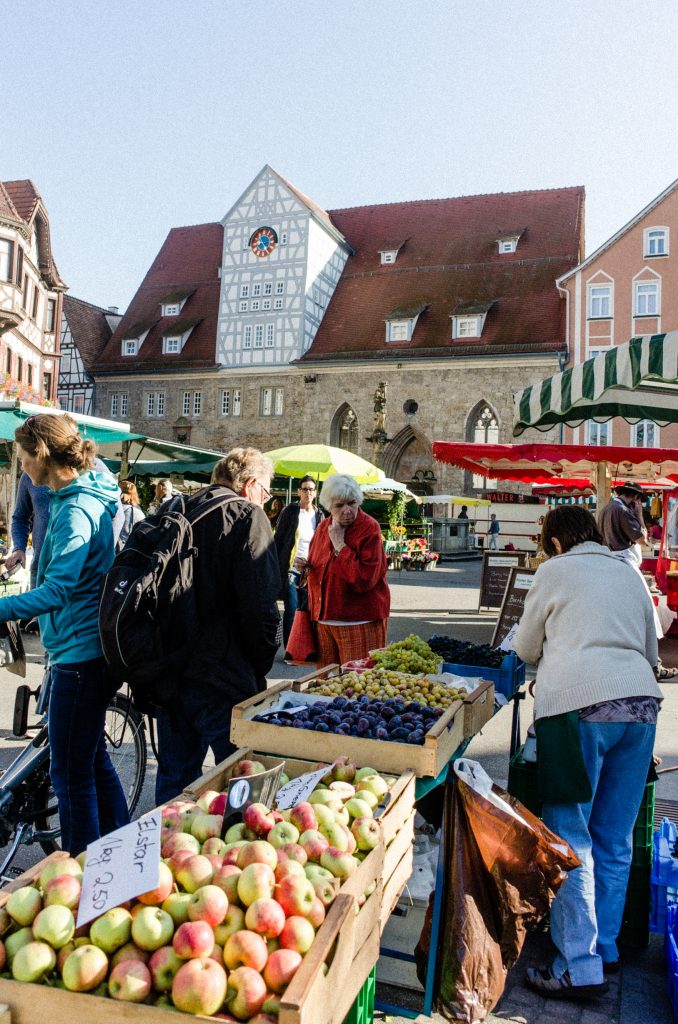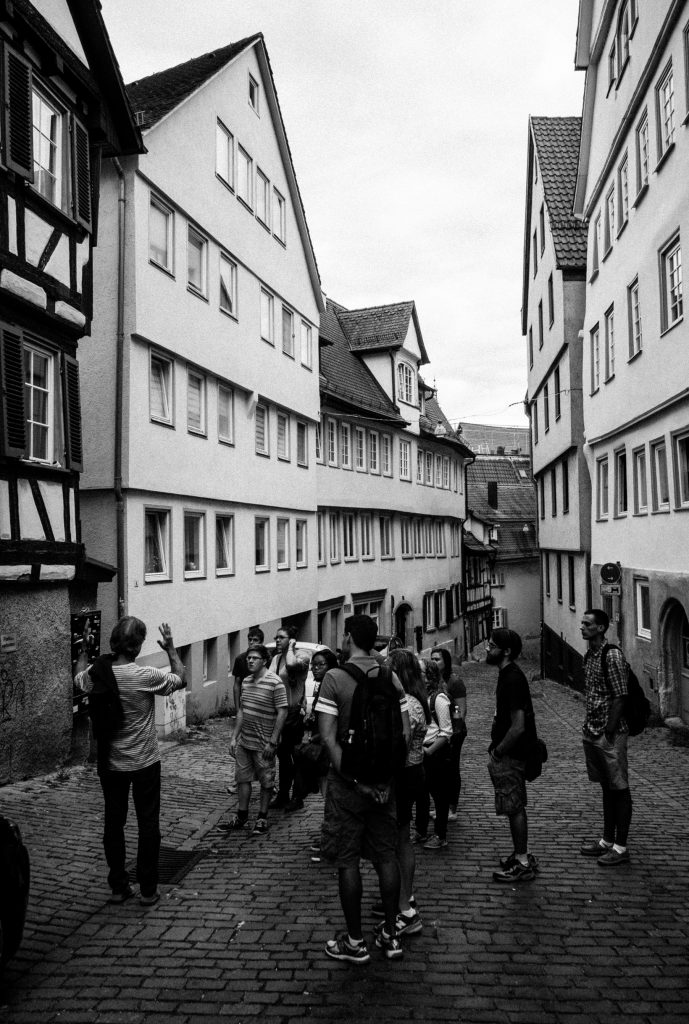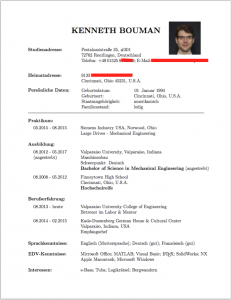Blogger: Alyson Kneusel
Program: Reutlingen, Germany – Study Center
Hello all!
In the last week and a half, I have visited Berlin, Copenhagen, and Hamburg. I’ve experienced an astonishing assortment of museums, architecture, and history. However, the most impactful experience I had was entirely accidental. When attempting to visit the ancient history museum in Berlin, our group of American students stumbled upon a public military funeral service occurring outside of the Berlin Cathedral Church (shown to the right). I was shocked how much this made me evaluate the relationship between Germany and America. Not only that, but the experience made me question my own role in that history as an American student studying abroad in Germany.
The Berlin Cathedral Church is a beautiful and well-known landmark of downtown Berlin. With its original construction dating back to 1465 and church bells whose sound echoes across the center of downtown Berlin, it is a powerful symbol of German and religious history.
However, most Americans would be more likely to recognize the infamous Altes Museum building which stands on the adjacent side of this main square. This building is shown in numerous textbooks of Nazi history because the Altes Museum was the site of a military march and speech for Adolf Hitler’s 50th birthday in 1939. I have always viewed this image as just a page in the text, not an event in a place that really existed with real buildings and real people. Standing there the other day, I was struck by the fact that just a mere 77 years ago, there would have been Nazi German soldiers standing in that very spot.
Not only was that a humbling experience, but to see the German military assembled for the funeral right next to the location from that picture 77 years in the future, I realized how many people I have to be thankful to for the fact that I (an American student of mixed Jewish and German descent) could be standing in the presence of the German military in that historic spot without fear for my own safety.
Having grown up in a military community myself (living near MacDill air force base), I recognized how many aspects of the German military were not so different from our own in the United States. Watching them mourn their dead and hearing the military band play reminded me that even though our armies were once opposed one another, we are truly not so different. More than that, we hold many of the same values including those evident in the ceremony such as music, mourning the dead, respect for the military, and even the Christian ideals suggested by the location of the funeral outside the Berlin Cathedral Church.
I am not saying that I am thankful just to the Allied powers or just to the German military for this opportunity, but more that I am thankful for all the efforts which have been put in by all countries involved in rebuilding the relations between our nations. I was saddened to learn that this beautiful church I was viewing was in fact damaged by an Allied-forces bombing raid during World War II. As I continued through the rest of Berlin, Copenhagen and Hamburg, I saw more destruction from WWII in the cities. It became apparent to me that although the Allied powers prevailed in the war, no one really won. I’ve heard stories of all the civilians lost on both sides and saw the destruction of otherwise historical sites that had occurred during the war, and it was clear to me that such destruction can never be allowed to happen again.
I am not sure if I could have ever truly appreciated what was lost on both sides of the war if I had not had the opportunity to see this with my own eyes. For this reason, I understand how crucial it is our people experience different countries and cultures. I fully encourage everyone, not just students and not just Americans, to travel to different countries. This not only allows us to appreciate our differences, but more importantly it teaches us to recognize what we share. I will not say that I think this will solve all the world’s problems and produce world peace, but this experience really makes me hopeful that through learning about each other and recognizing our similarities, we can take a big step towards a more peaceful future.
Until next time,
Alyson Kneusel
